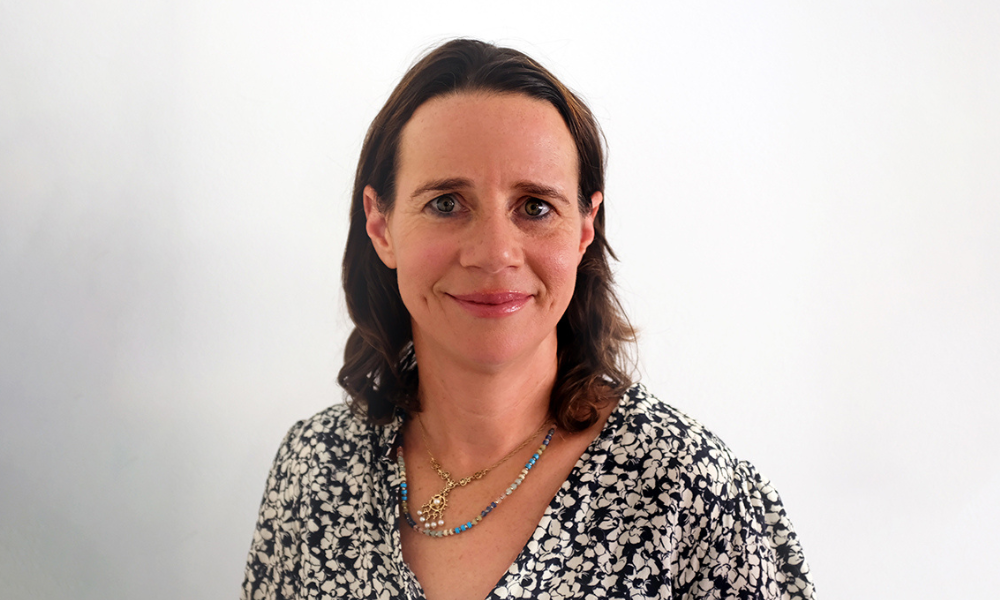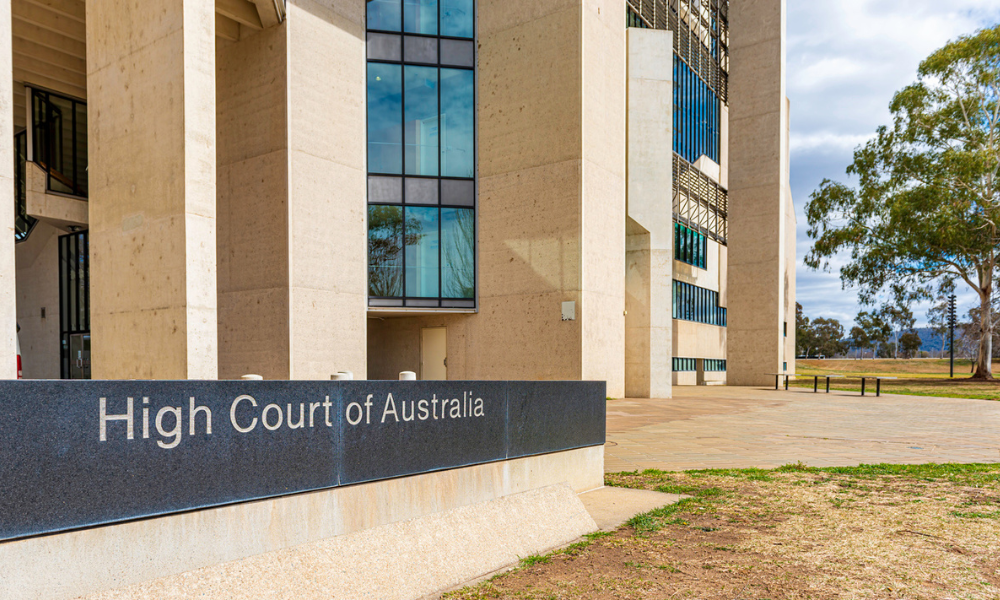Joanna Shulman talks about the event that “really changed” the way she thought about creating change

After 12 years of helming the Redfern Legal Centre (RLC), Joanna Shulman went on to make history at Indigenous children’s charity Moriarty Foundation by becoming its inaugural CEO.
Shulman had always been inspired by the law’s potential to bolster social justice, and working with Disability Discrimination Commissioner Rosemary Kayess gave Shulman a close-up view of the law’s power.
In the first part of this interview, Shulman discusses her time at the RLC, appearing before the UN, and the importance of different perspectives in creating change.
How did you get started in the law as a career?
I guess I chose this career because I was inspired by the potential of the law to improve social justice. I think we're in a privileged position to use the law to shape how people treat each other, how rights are defined and protected, and how society operates. And as the granddaughter of a Holocaust survivor, I was very eager to have access to that. I was really lucky early in my career to work for Rosemary Kayess, who is now Australia's Disability Discrimination Commissioner. She's a woman with quadriplegia, and I was able to see firsthand the power of the law to create a more equal society.
So that's why I was really interested in working in law and studying it. I loved the discipline of it, and it's a very clever way of seeing the world and categorizing and sorting actions and issues into legal rules. And I guess at the other extreme of that, I just love the randomness of it. Being a lawyer means that you're rarely working on the same thing for the same people. So I've been very privileged to be able to be exposed to a range of people and environments and issues, from appearing before the UN to interviewing Nigerian refugees being persecuted for their homosexuality to taking Chinese government officials on a tour of the block. I've had a wide range of experiences working in the law, and I've loved it.
What was it like leading the RLC for 12 years?
The RLC has been around for a very long time – close to 50 years now. I loved leading the RLC – it's an exceptional organisation and part of an incredible network of community legal centres. I think there's over 200 now across Australia that do really important and really hard work, and are desperately underfunded. So a lot of my work at the RLC was around funding and trying to create funding stability and diversifying funding, but also looking for solutions outside of normal partners.
By that I mean thinking creatively around who else we could partner with through concepts of shared value to create impact. And by doing that, we were able to work with banks and other partners that we've never imagined we would work with to create systemic change on a number of issues, including financial abuse and access to justice for First Nations people.
I guess the biggest thing I learned from being there is the importance of co-design with communities and cross sector approaches to solutions that are the secret to long term success.
Over your tenure at RLC, what was one thing that really impacted you as a person?
I think the community sector is so poorly funded that so much of my time was spent externally, looking for partnerships, funding opportunities, really trying to change the existing structures. If I was to think about an event or an incident that had a significant impact on me, it was COVID. Because that really changed the way I thought about creating change, and actually looking internally and supporting staff and ensuring that staff are representative of the communities we serve. And that you're working internally in the right way with the right people through things like codesign. Representation of people experiencing disadvantage within your workforce became more and more important.
What was your biggest challenge when it came to dealing with COVID?
I think just seeing the disproportionate impact that COVID and some of the circumstances that COVID created on people experiencing disadvantage. COVID was a really tricky time – there were some benefits, but it was so much trickier for people experiencing disadvantage. COVID disproportionately impacted Indigenous people and people living in lower socioeconomic backgrounds, people who did not have resources. Isolation impacted people experiencing disadvantage even more, and then there was the impact on the economy that stemmed from COVID. So running a community sector centre that's there to support people experiencing disadvantage during COVID was very challenging.
What led you to join the Moriarty Foundation?
I was quite keen to work outside of the law, as well as my work inside the law. I mean, our legal discipline means that we see the world in a particular way, and we problem-solve using a particular skill set. And through my work, I've realised that to truly create change, we need to bring a number of perspectives to an issue. So I was able to eager to work on issues that I've been working on from an access to justice angle like narrowing the closing the gap target, where people were addressing from different approaches. So the Moriarty Foundation addresses these targets through sport and early childhood education, and I'm really excited to be working across disciplines to do this.










